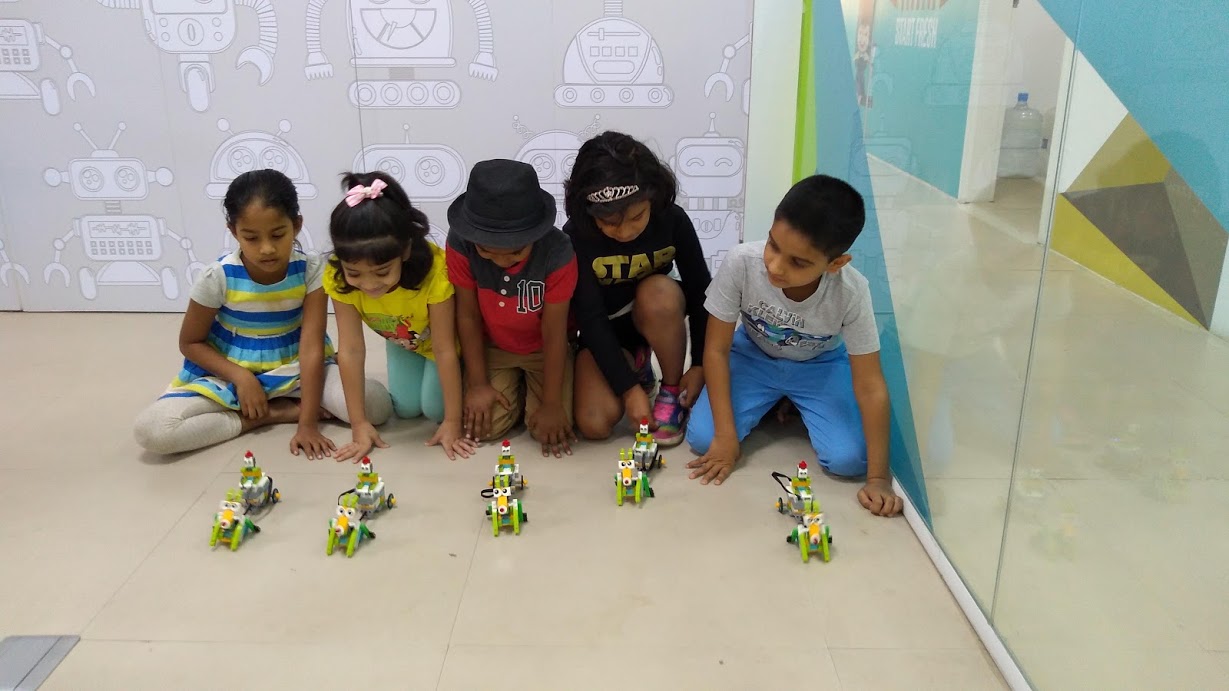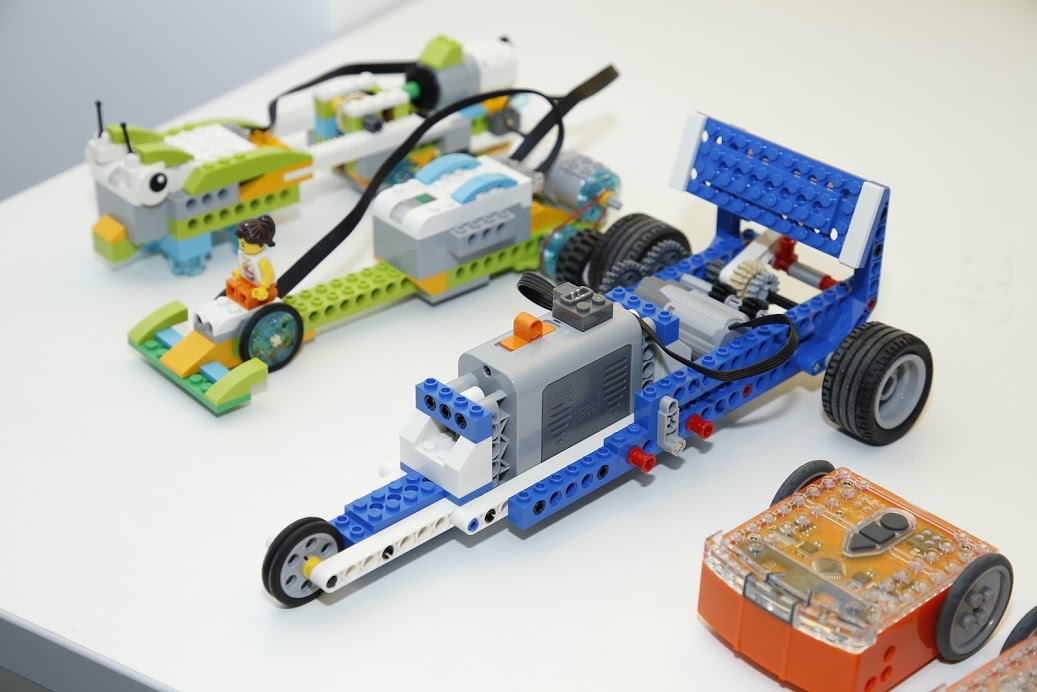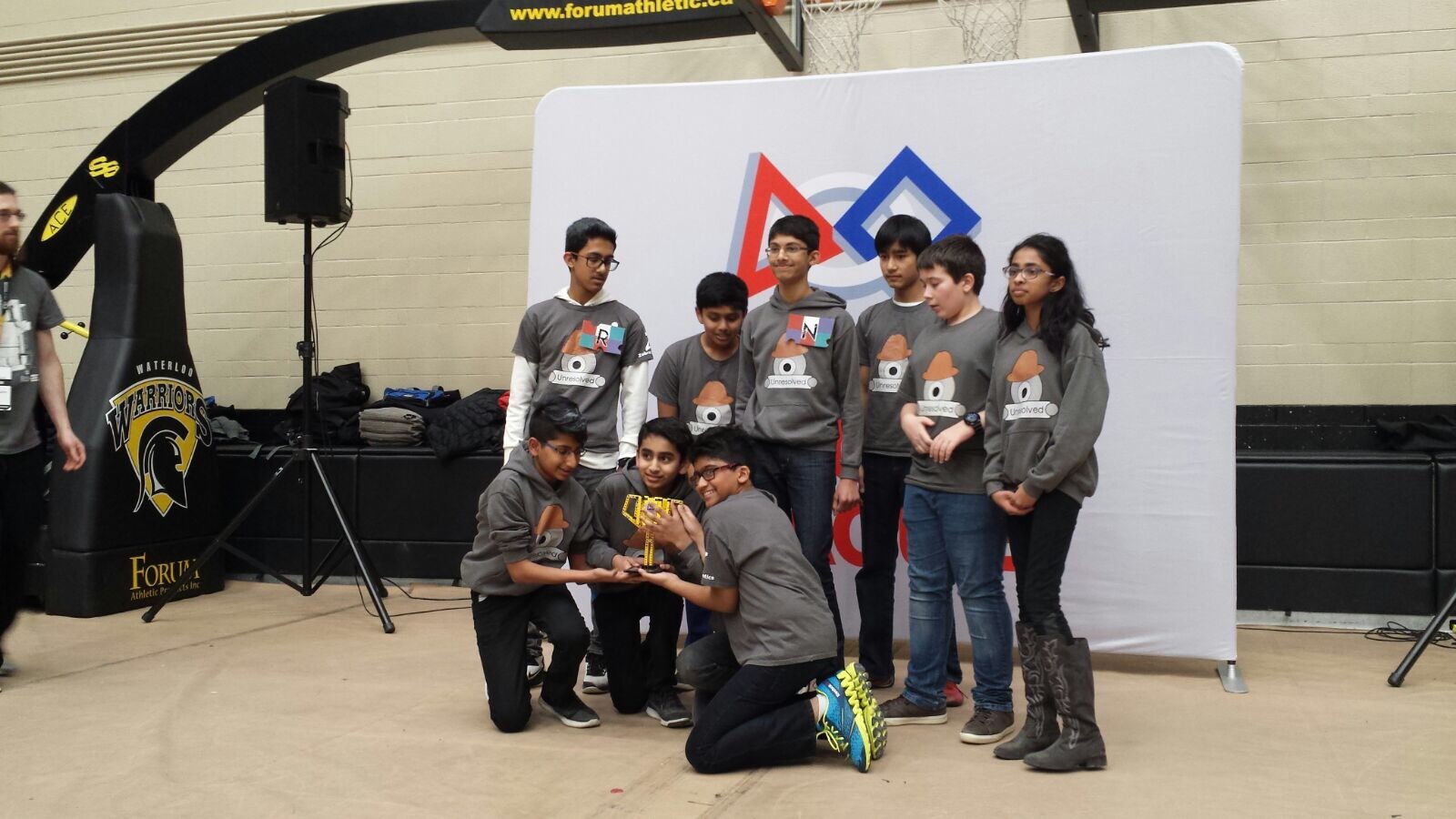Parents want what is best for their kids but, in a world with so many options, it is easy to lose sight of what matters amidst buzzwords, marketing jargon, and overreaching promises. When it comes to choosing a STEM education center for your child it is important to keep in mind a few things:
It’s a Marathon, Not a Race!
It is important to set goals and be mindful of what you expect out of the center or institution you’re signing your child with. There are many who have shorter introductory programs meant to do no more than expose young students to technology, and there are those who have meticulously designed curriculums to carry students from the very basics at a young age all the way to prepare them for university at the latter stages of high school. Consider what you want for your child’s future, and of course, their own interests, to make sure they’re getting what they need out of the experience.

Beware the “Buzzwords”
In the increasingly expanding industries surrounding STEM and STEM learning, many have resorted to specific buzzwords that do well to grab attention. A.I.! Machine Learning! Mechatronics! Drones! All fantastic fields of learning in their own right, however, that does not mean they are simple or immediately accessible. Be wary of centers or institutions that promise too much, too fast. It is important to learn how to walk before you learn how to run. Any promises of fast progress using buzzwords and the theatrics that come with them should be taken with a grain of salt.

Trial by (a very fun) Fire
A great way for students to learn not only STEM concepts but social, team, and interdependent skills is through using their knowledge in competitions that test what they have learned, their ability to adapt, and their collaboration with others towards a common goal. These are all skills that are imperative to any workplace in the many STEM-related fields and others. It is highly recommended to seek out a center or institution that engages students in not only local but large-scale competitions on the provincial or national level. Such an experience will drive students to hone their skills and expand their knowledge and put them in situations where they prove their ability not only to their instructors and judges but to their own selves.






